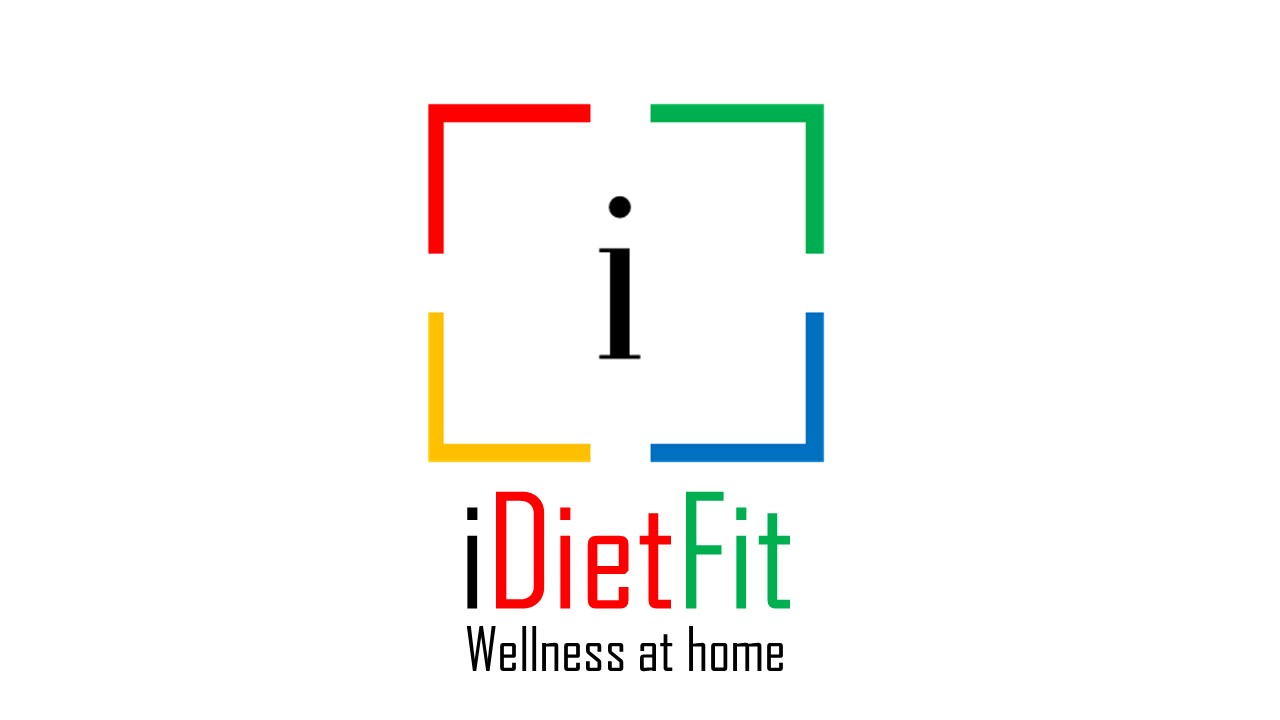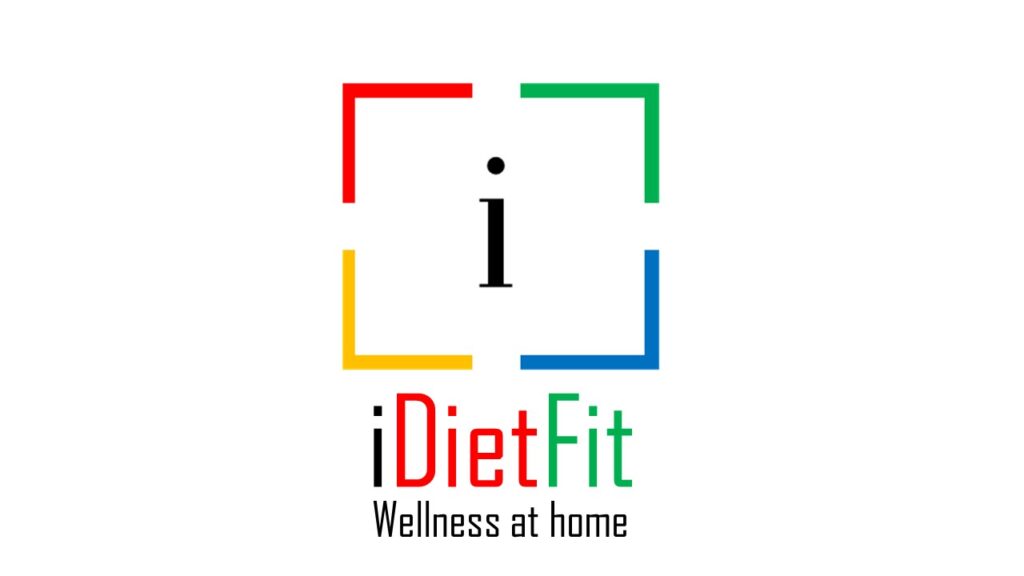Understanding PCOS & PCOD: Diet and Lifestyle Tips
Polycystic Ovary Syndrome (PCOS) and Polycystic Ovary Disease (PCOD) are common hormonal disorders affecting women of reproductive age. These conditions can lead to a variety of symptoms, including irregular menstrual cycles, weight gain, acne, and fertility issues. Managing PCOS and PCOD often requires a multifaceted approach, with diet and lifestyle changes playing a crucial role. In this blog post, we’ll explore diet and lifestyle tips to help manage PCOS and PCOD effectively.
What are PCOS and PCOD?
PCOS and PCOD are often used interchangeably, but there are subtle differences. PCOS is a more severe form of the condition and is characterized by the presence of multiple cysts on the ovaries, hormonal imbalances, and insulin resistance. PCOD, while similar, is generally considered less severe and may not always present with multiple cysts.
Symptoms and Common Issues
Common symptoms of PCOS and PCOD include:
– Irregular menstrual cycles
– Excess hair growth (hirsutism)
– Acne and oily skin
– Weight gain, particularly around the abdomen
– Thinning hair or hair loss on the scalp
– Fertility issues
Importance of Diet in Managing PCOS and PCOD
Impact on Hormone Levels and Symptoms
Diet plays a significant role in managing PCOS and PCOD. A balanced diet can help regulate hormone levels, reduce inflammation, and manage insulin resistance, which is often associated with these conditions.
Balanced Diet Overview
A balanced diet for managing PCOS/PCOD should include:
– Whole grains
– Lean proteins
– Healthy fats
– Plenty of fruits and vegetables
– High-fiber foods
Foods to Avoid with PCOS
Detailed List of Foods to Avoid
- Refined Carbohydrates :
– White bread, pasta, and pastries
– Sugary cereals
– Processed snacks like chips and crackers
- Sugary Snacks and Beverages :
– Sodas and sweetened juices
– Candy and chocolate
– Desserts high in sugar
- Inflammatory Foods :
– Processed meats (e.g., sausages, hot dogs)
– Foods high in trans fats (e.g., margarine, fried foods)
– Excessive red meat
Explanation of Harmful Effects
These foods can lead to insulin spikes, increased inflammation, and exacerbation of PCOS symptoms. Avoiding them helps maintain stable blood sugar levels and reduces overall inflammation in the body.
PCOS Diet Plan
Sample PCOS Diet Plan for a Week
– Monday :
– Breakfast: Greek yogurt with berries and chia seeds
– Lunch: Grilled chicken salad with mixed greens and avocado
– Dinner: Quinoa and vegetable stir-fry
– Tuesday :
– Breakfast: Smoothie with spinach, banana, and almond milk
– Lunch: Lentil soup with a side of whole-grain bread
– Dinner: Baked salmon with steamed broccoli and sweet potato
– Wednesday :
– Breakfast: Oatmeal topped with nuts and a drizzle of honey
– Lunch: Turkey and avocado wrap with a side salad
– Dinner: Chickpea curry with brown rice
– Thursday :
– Breakfast: Scrambled eggs with spinach and tomatoes
– Lunch: Quinoa salad with roasted vegetables and feta cheese
– Dinner: Grilled tofu with stir-fried vegetables
– Friday :
– Breakfast: Whole grain toast with almond butter and banana slices
– Lunch: Chicken and vegetable stir-fry
– Dinner: Baked cod with a side of quinoa and green beans
– Saturday :
– Breakfast: Smoothie bowl with mixed fruits and granola
– Lunch: Black bean and corn salad
– Dinner: Vegetable and lentil stew
– Sunday :
– Breakfast: Avocado toast with poached eggs
– Lunch: Grilled shrimp with mixed greens and citrus vinaigrette
– Dinner: Stuffed bell peppers with quinoa and lean ground turkey
Diet Meal Plan for PCOS
Detailed Meal Plan for Each Meal
– Breakfast :
– Smoothie with spinach, banana, and almond milk
– Greek yogurt with berries and chia seeds
– Scrambled eggs with spinach and tomatoes
– Lunch :
– Grilled chicken salad with mixed greens and avocado
– Lentil soup with a side of whole-grain bread
– Quinoa salad with roasted vegetables and feta cheese
– Dinner :
– Baked salmon with steamed broccoli and sweet potato
– Chickpea curry with brown rice
– Grilled tofu with stir-fried vegetables
– Snacks :
– Apple slices with almond butter
– Carrot sticks with hummus
– Handful of nuts
Recipes and Preparation Tips
– Smoothie Recipe :
– 1 cup spinach
– 1 banana
– 1 cup almond milk
– Blend until smooth
– Lentil Soup Recipe :
– 1 cup lentils
– 1 diced onion
– 2 diced carrots
– 2 cloves garlic, minced
– 4 cups vegetable broth
– Cook until lentils are tender
Diet for PCOS Weight Loss
Strategies for Weight Loss with PCOS
– Portion Control : Eating smaller, balanced meals throughout the day to avoid overeating.
– Meal Timing : Regular meal times to stabilize blood sugar levels.
– Mindful Eating : Being aware of hunger cues and avoiding emotional eating.
Examples of Low-Calorie, Nutrient-Dense Foods
– Leafy greens (e.g., spinach, kale)
– Lean proteins (e.g., chicken breast, tofu)
– Whole grains (e.g., quinoa, brown rice)
– Healthy fats (e.g., avocado, olive oil)
PCOD Diet Plan
Specific Dietary Recommendations for Managing PCOD
– Emphasize whole, unprocessed foods
– Increase fiber intake with fruits, vegetables, and whole grains
– Choose lean protein sources
– Incorporate healthy fats
Differences and Similarities with PCOS Diet Plans
The dietary recommendations for PCOD are similar to those for PCOS, with an emphasis on whole foods, balanced meals, and avoiding refined and inflammatory foods. However, individual needs may vary, and personalized plans are often beneficial.
PCOD Diet Chart for Weight Loss
Visual Diet Chart for Quick Reference
| Meal | Food |
|—————-|————————————————|
| Breakfast | Smoothie with spinach, banana, and almond milk |
| Snack | Apple slices with almond butter |
| Lunch | Grilled chicken salad with mixed greens |
| Snack | Carrot sticks with hummus |
| Dinner | Baked salmon with steamed broccoli |
| Evening Snack | Handful of nuts |
Suggested Meal Timings and Portions
– Breakfast : 8:00 AM
– Morning Snack : 10:30 AM
– Lunch : 1:00 PM
– Afternoon Snack : 3:30 PM
– Dinner : 6:00 PM
– Evening Snack : 8:00 PM
Lifestyle Tips for Managing PCOS and PCOD
Importance of Regular Exercise
– Aim for at least 30 minutes of moderate exercise most days of the week.
– Include a mix of cardio, strength training, and flexibility exercises.
Stress Management Techniques
– Practice mindfulness and meditation.
– Engage in hobbies and activities that promote relaxation.
– Ensure adequate sleep and maintain a consistent sleep schedule.
Sleep Hygiene Tips
– Create a calming bedtime routine.
– Avoid screens and caffeine before bed.
– Maintain a regular sleep schedule.
—
Conclusion
Managing PCOS and PCOD requires a holistic approach that includes diet and lifestyle changes. By following the tips and meal plans outlined in this blog post, you can better manage your symptoms and improve your overall health. For personalized plans and support, consider consulting with DietFit, where our team of expert nutritionists and dietitians are ready to help you achieve your health goals.

